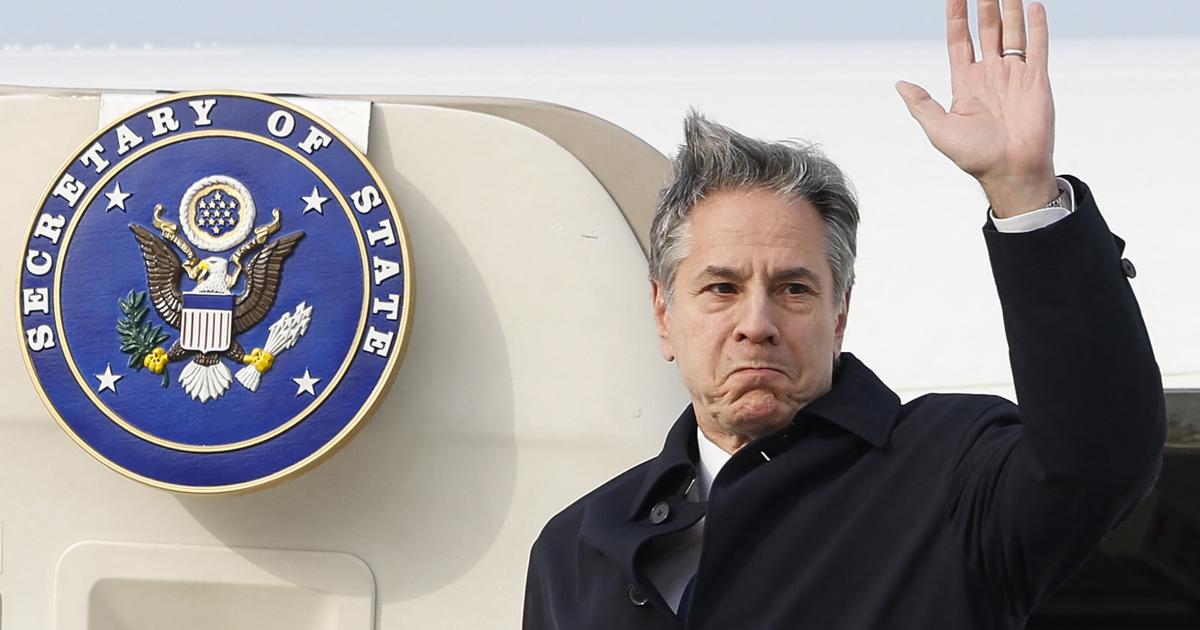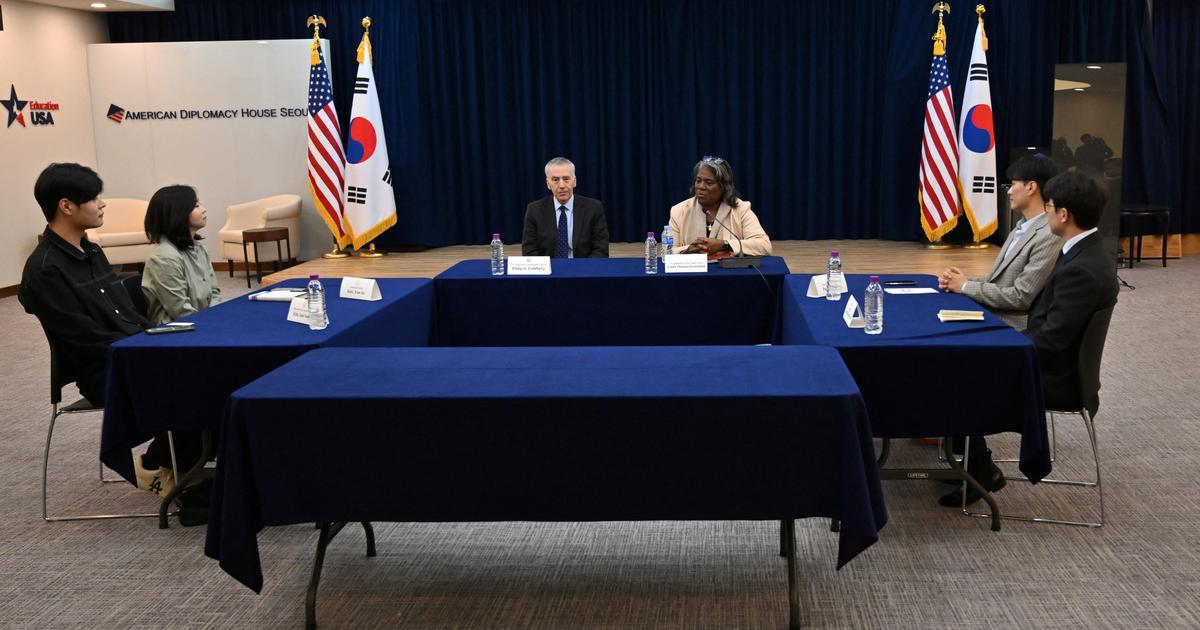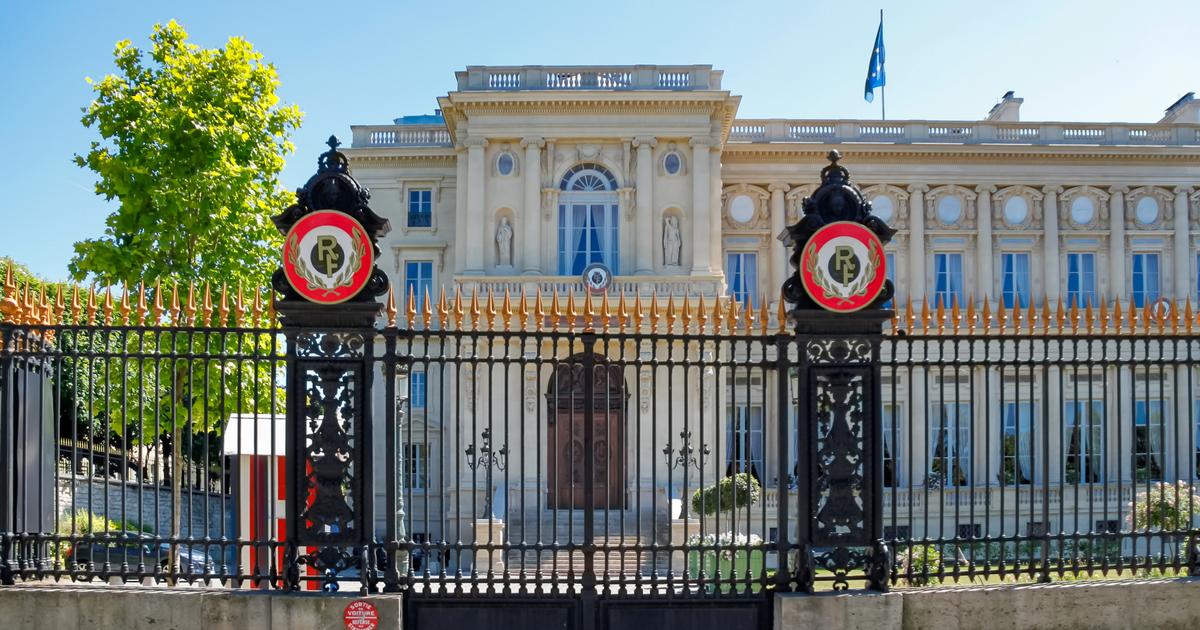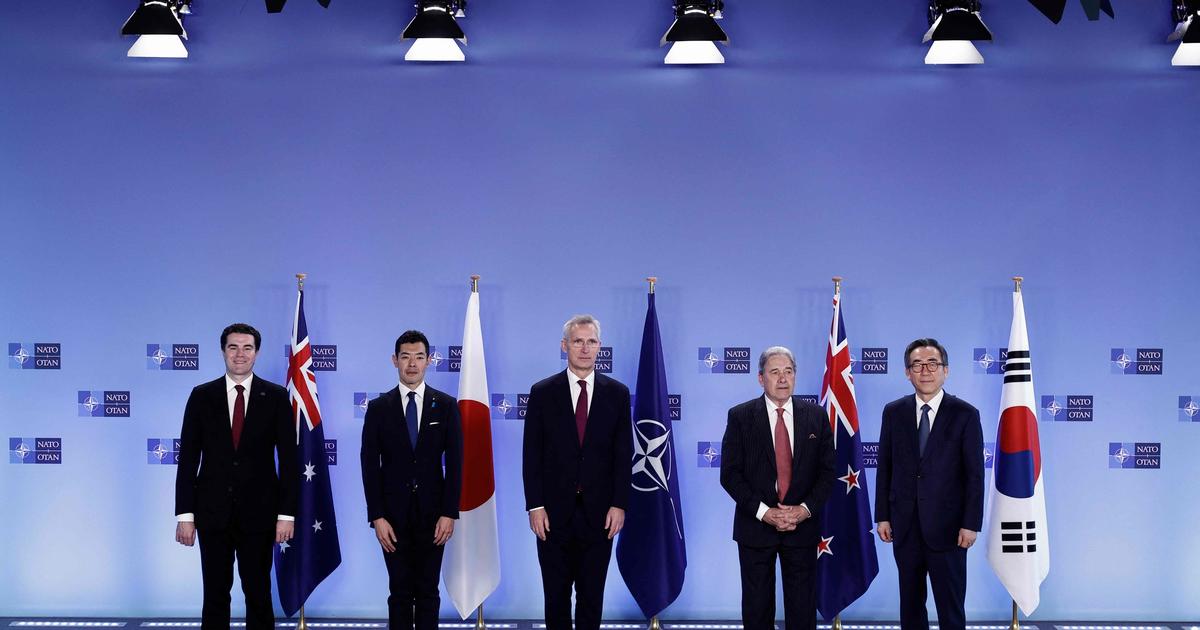On Monday, May 3, Nayib Bukele gathered almost all the diplomatic representatives accredited in El Salvador to set up a scene: for almost two hours, after summoning them to a private meeting at the Presidential House, the young president complained that some of his countries had publicly condemned the removal of all members of the Constitutional Chamber and the State Prosecutor; a move that had been carried out by the new Legislative Assembly - with a pro-government majority - two days earlier, on Saturday, May 1, and which was read by the international community as a blow to the separation of powers and a preview of what was to come with the Congress controlled by your Government.
As a diplomatic gamble, this seemed like a delusional scene: with the foreign delegates positioned as a setting for his speech, Bukele said that "there was nothing to condemn"; He spoke to them of his popularity and the votes he had obtained in the elections as if they were fools, he complained about the absence of the United States charge d'affaires, he read articles of the Constitution to them from his telephone and repeated that they were wrong: “ The fact that five people think the same does not mean that they are right. In Germany, tens of millions of people thought it was okay to burn Jews in a furnace. I mean, many people can be wrong, "he said at that meeting. Close-up to his face: solemn gesture. The next day, breaking the privacy he had promised them, he broadcast the meeting on the national network. At a point,at least, no one was wrong: it seemed a foretaste of a new phase in his government.
More news
The new and uncertain course of Nayib Bukele in El Salvador
Washington urges Bukele to respect the separation of powers after the coup to justice
The Assembly controlled by Bukele dismisses the Constitutional of El Salvador
Almost two years after assuming the presidency of El Salvador, Nayib Bukele's love affair with Washington - "his most important ally," he said after coming to power in 2019 - and the worshipful relationship he had with the government of Donald Trump, there is almost nothing left. Joe Biden's arrival in power radically changed things. While Trump practically the only thing that mattered to him was that El Salvador stopped the migration and the caravans and "he was not very interested in the concentration of power and other things," explains Geoff Thale, president of the Washington Office for Latin America (WOLA) , “The Biden Administration is different. His vision is that to stop migration there must be a commitment to stop everything that causes it, which includes corruption, lack of institutions, lack of security, impunity… ”.
Things started badly from the beginning, with a selfie that could not be: in February, according to the AP, before the legislative elections in his country, Bukele made an unannounced trip to Washington with the intention of meeting with a representative of the new Biden government, but no one received it. Beyond the protocols, the officials of the United States - a country where two and a half million Salvadorans live, who contribute most of the remittances that represent more than 20% of the country's gross domestic product - wanted to avoid, precisely, that a encounter so it could be used as a signal of endorsement before the vote. The Salvadoran president denied that his trip had any intentions other than personal, but he did not take long to take revenge: in April,Bukele left the special envoy of the United States for the Northern Triangle, Ricardo Zúñiga, who ended his tour of Central America without being able to meet with the president in the middle of the first migratory crisis of the Biden era.
Nayib Bukele and Donald Trump in New York in September 2019.Evan Vucci / AP
“I don't like being called the Northern Triangle,” Bukele told diplomats at the May 3 meeting, “but they have unilaterally decided to call us that. Someday we are going to call them 'North America Square' ”. The United States charge d'affaires was not there to listen to him and the president seemed upset that he could not explain to him, as he did with the others, that after removing the members of the Constitutional Chamber, his approval rose two points in the polls. , and that there was no reason to condemn what Congress had done. But not all of them were critical: amid international condemnations, the embassy of the People's Republic of China published a tweet saying that they basically did not interfere in the internal affairs of another country.
Three weeks later, Bukele celebrated on Twitter the ratification of a cooperation agreement with China: "500 million dollars in non-reimbursable public investment and without conditions," the president wrote after the Legislative Assembly approved the plan signed in 2019 with that country to build a football stadium, a library, a pier, water purification plants and tourist developments.
"Mr. President, nothing from China comes without conditions," replied the Acting Undersecretary for Western Hemisphere Affairs of the US State Department, Julie Chung.
'Without conditions'
"For me it is very fascinating that these agreements speak of what El Salvador is obliged to do for the Chinese and there is nothing that China is obliged to do to comply with the sovereignty laws of El Salvador," he tells EL COUNTRY Evan Ellis, a professor of Latin American studies at the US Army War College's Institute for Strategic Studies who has studied Chinese influence in the Central American country. For Ellis, this move by the Salvadoran government can be translated into action as "handing over the country to the Chinese." The congress with a pro-government majority, he points out, "has signed this agreement by which the Chinese have the right to do everything: research, design and construction."
What worries Ellis most is the 'Beijing Asia Pacific Xuan Hao Project Investment', a mega investment project that already showed China's intentions in the region before El Salvador ratified the current cooperation agreement. According to an informative brochure of the project to which the researcher had access, the development includes the creation of a free trade zone in the southeast of El Salvador, a strategic area of almost 2,800 square kilometers north of the Gulf of Fonseca, from the Port of La Freedom of the Union, with access to Honduras and Nicaragua and for which an investment of 23,000 million dollars is expected. There it is planned to build an industrial park, a port, an airport and tourist areas, among other things."It is basically turning El Salvador into an area for China's commercial expansion in Central America," says the expert, who compares what is happening today in El Salvador with the attempt by the Chinese to create a canal in Nicaragua.
"The Sandinistas signed this agreement with Wang Jing to basically hand over a quarter of the country to build this canal, although in the end it failed," he says.
As in the case of Nicaragua, in El Salvador, the framework cooperation agreement was ratified with the absolute legislative majority of the party in power and, in his opinion, in both cases they are intended to benefit "interested corrupt elites and Chinese companies" and serve largest strategic and economic commercial interests in the Asian country.
President Xi Jinping has just granted El Salvador a gigantic non-reimbursable cooperation, managed entirely by our Government.
The cooperation that we have achieved will be distributed as
follows
:
1. A new, modern and large-capacity National Stadium.
(I open thread) pic.twitter.com/Or30ZNlWZJ
- Nayib Bukele 🇸🇻 (@nayibbukele) December 3, 2019
The framework agreement between China and El Salvador, which had been signed in 2019, was ratified by the Legislative Assembly of the Central American country on Wednesday, a day after a list of 17 corrupt Central American officials made by the Department was made public in the United States. at the request of the Californian congresswoman Norma Torres, of Guatemalan origin, which includes Bukele's chief of staff, Carolina Recinos, former Security Minister Rogelio Rivas, and legislator Guillermo Gallegos, leader of the Gran Alianza por la Unidad Nacional party. (GANA), which brought the president to power in 2019.
Although the list published this week has no immediate effect, the Engel List will be published in the coming weeks: “There may be specific sanctions on bank accounts in the US, on international transactions and visa restrictions. There are countries like Venezuela or Cuba that don't care much. But in Central America, many people have bank accounts in the US, many transfer their money through the US banking system, and many have second homes in Miami, Houston, or elsewhere. The impact may be on those individuals, "says the president of WOLA, who recalls that among the Salvadorans included there are people" very close "to Bukele, which could be a" serious blow to the president and his direct circle in power. " His impression, he says,"Is that the US is moving from rhetoric and words to action."
On the same Wednesday, May 19, that the Assembly ratified the agreement with China, the Presidential House of El Salvador also published a photo of Bukele with Russian diplomats and a quote that read: “There is nothing wrong with having good political relations as long as they are With respect. We know that the potential of the relationship with Russia is enormous ”. Two days later, this Friday, the US cooperation agency USAID announced the diversion of funds that should be destined to public institutions, such as the National Police and the Institute for Access to Public Information, to civil society groups in response to the happened on May 1.
José Luis Sanz, correspondent for the newspaper El Faro in Washington, does not believe that Bukele's initial plan would bring relations with the United States to the point where they are today, but “we are talking about someone who has the personality and the way to govern from a compulsive gambler or speculator on the stock market who thinks that the only way to end up winning is to keep investing, keep betting. We are in a logic of escalation in which Nayib Bukele never recognizes the slightest defeat or the slightest crack in his strategy or in his action ”. The problem is that what he is betting on is not free, says Sanz: "Salvadorans living in the United States not only feed El Salvador's finances, but also a good part of the hopes of Salvadorans."
For historian Carlos Gregorio López Bernal, from the University of El Salvador, the possible actions that the United States may take in the face of this escalation of tensions will not greatly harm the Bukele government, but they could end up hitting a population with enormous ties to That country. "I believe that these authoritarian Latin American governments already know those limits and they know that they will have a cost, but that they can survive with them."









/cloudfront-eu-central-1.images.arcpublishing.com/prisa/7T3HEIDQROEB5ZPBR4WNGHDQWU.jpg)